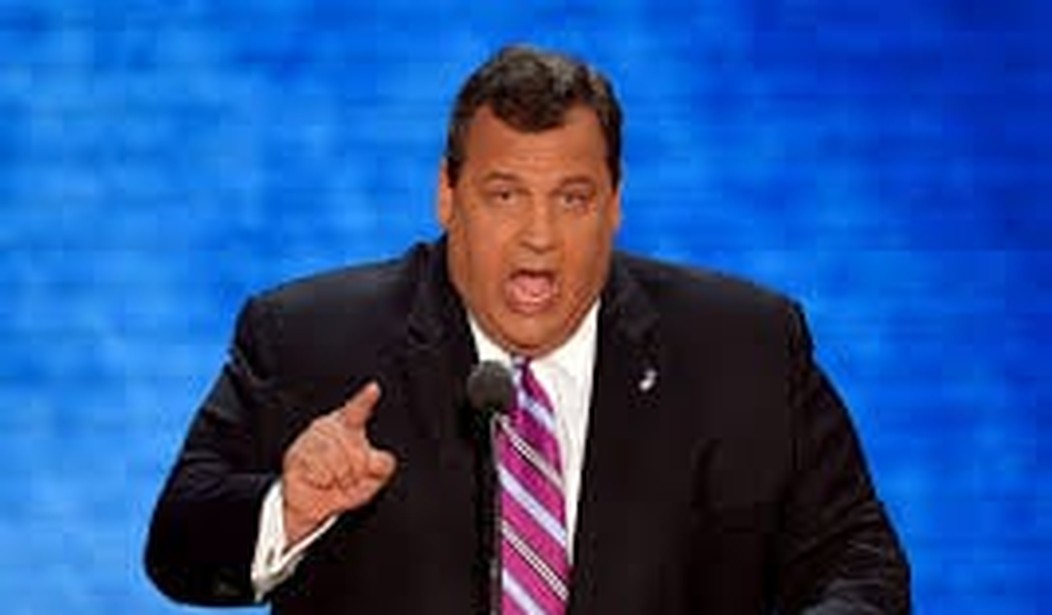WASHINGTON – New Jersey Gov. Chris Christie plans to conduct a special election in October to fill the unexpired term of the late Sen. Frank Lautenberg, provoking a scramble among hopefuls in both parties looking to grab the seat.
Saying “the people must choose,” Christie moved Tuesday to end at least part of the speculation surrounding the vacant post, announcing that a primary will be conducted on Aug. 13, with the survivors facing off on Oct. 16. The victor will fill out the remainder of Lautenberg’s term, which ends in January 2015. Whoever wins likely will seek a full six-year term in the November 2014 election.
The governor also intends to appoint a replacement until the election. His choice is expected later this week, sometime shortly after Lautenberg’s burial on Wednesday. Christie hasn’t indicated whether he intends to choose a caretaker or someone who may vie for the remainder of the unexpired term.
About the only sure thing is Christie will opt for a fellow Republican to replace Lautenberg, a Democrat.
“I’m going to pick a person I believe to be the best person,” he said in making the election announcement. “I do have a list in my head. You all know me. I don’t dawdle.”
The decision puts to rest speculation about the path Christie intended to pursue. New Jersey has conflicting statutes on how to fill an unexpired senatorial term. One allows the governor to make a temporary appointment until the next general election – in this case, Nov. 5. But another state law maintains if the vacancy occurs within 70 days of the primary – it did in this case, the New Jersey primary was Tuesday – the governor can call a special election to fill the vacancy.
There was some speculation that Christie might choose a strong Republican contender and let him or her serve out the remainder of Lautenberg’s unexpired term, giving the GOP a leg up on potential Democratic foes when the seat comes up on Nov. 5, 2014.
Instead he opted for a quick election, maintaining that pending issues are “too great to be determined by an appointee for a period of 18 months.”
“I want to have an elected senator as soon as possible,” he said.
The decision could prove costly – the New Jersey Office of Legislative Services estimates that the combined primary and special election could cost the state $24 million. But it relieves some of the political pressure Christie faced over the timing.
Christie is in the midst of his own re-election campaign. He currently holds what some polls point to as a 30-point lead over his challenger, state Sen. Barbara Buono. But GOP insiders maintained that the governor wanted to avoid conducting the Senate and gubernatorial election on the same day.
The most likely Democratic Senate candidate emerging is Cory Booker, the mayor of Newark, an African-American with a national reputation. If Booker is the Democrats’ choice, he’s expected to draw black voters to the polls, probably cutting into Christie’s electoral edge if they appeared on the same ballot.
That’s no longer an issue with the special election set for October. Senate Democratic Leader Harry Reid, of Nevada, who needs all the Democratic votes he can get on the floor, expressed pleasure with Christie’s decision.
“I think that the people who serve in the Senate, if the election laws in the state call for it, should be determined by the electorate,” Reid said.
Christie’s decision leaves open another political calculation – what impact might this have on the 2016 presidential campaign. It is widely speculated that the governor might seek his party’s nomination despite opposition from conservative elements displeased by Christie’s close ties to President Obama, forged during the Hurricane Sandy cleanup effort.
The decision might not be as warmly embraced by fellow Republicans. A semi-incumbent filling the post could aid the national GOP as it bids to claim control of the Senate next year. New Jersey wasn’t expected to be in play – Democrats outnumber Republicans by 700,000 registered voters and the state hasn’t elected a Republican to the chamber since Clifford Case in 1972 – but a strong candidate could help the party gain the six seats needed for a majority.
Delaying the Senate election until November 2014, a possibility under one of the conflicting statutes, would have provided the GOP an extra vote with an assortment of major votes looming on issues ranging from immigration to raising the debt ceiling.
But the enunciated schedule tamps down those expectations. Democrats still appear to maintain an edge.
The scheduling decision could present a problem for Booker on the Democratic side. With the election held in October of an odd-numbered year, members of the state’s congressional delegation can mount a campaign without forfeiting their seats. Rep. Frank Pallone, of Long Branch, a 25-year veteran of the House who was a Lautenberg ally, expressed an interest in pursuing the seat even before its premature opening. The possibility of entering the race without giving up his position may prove enticing.
The Republicans offer several possibilities. Lt. Gov. Kim Guadagno has received prominent mention. Two state senators, Joseph M. Kyrillos Jr. and Thomas H. Kean Jr., both of whom have waged unsuccessful Senate campaigns in the past – each lost to Sen. Robert Menendez, a Democrat – may try again. And there is the state’s entire GOP congressional delegation.
Related: Christie Punts, Republicans Fume









Join the conversation as a VIP Member